Directors and Hollywood studios have been remaking films for decades. Many of those remakes are considered among the best movies of all time: The Thing, Heat, Scarface, A Fistful of Dollars, The Departed… the list goes on. Each one of these examples reexamines and recontextualizes the original story, creating a recognisable but – vitally – distinct final product. A good remake retains the core essence, but provides a new perspective on the same events. This is a pathway that video game developers seem largely hesitant to follow, and that threatens to have the industry stuck in a creative rut. Nostalgia continues to exert its iron grip on pop culture, and it’s asking us to pay full price for games we’ve already played.
Among the least inspiring movie remakes are those that are overly beholden to the original work. Gus Van Sant’s 1998 shot-for-shot remake of Psycho comes to mind, as does Disney’s current campaign to pointlessly clone its animated back catalogue in live-action format. Sony’s first-party studios have adhered to a similar approach over the last few years with remakes of Shadow of the Colossus, Demon’s Souls, and last year’s The Last of Us: Part 1. While these remakes are undeniably fantastic games, that’s almost entirely down to their timeless original concepts – preserved almost entirely intact like precious museum pieces – rather than any new ideas.
Developer Bluepoint Games brings astonishing and valuable visual craft to its remakes of multi-generation old games, but its dedication to perfectly replicating the original experiences means each is still trapped by the constraints of its former console. Shadow of the Colossus’ world feels barren by limitation rather than design, while both horse riding and climbing remains as awkward as it was back on the PS2. Demon’s Souls’ setting is split into video game-y zones that frustratingly hold onto the one checkpoint per level design, rather than embracing FromSoftware’s later (and superior) approach to bonfire placement and immersive world layouts. These are two of the most lovingly created remakes of all time, but ultimately it’s money for new graphics. It’s hard not to imagine how much more interesting these games could be if new and modern ideas were appropriately applied to them.
But at least Bluepoint was working with games that genuinely did benefit from a huge visual upgrade. Naughty Dog’s 2013 survival horror classic remains very strong in its visual direction – particularly its PS4 remaster – and so it’s difficult to see exactly what the creative point of The Last of Us: Part 1 remake is. At the very least, it was a chance to weave the Left Behind DLC into the main game for a seamless story, but we didn’t even get that. Instead it’s nearly identical to the game many of us have bought and played twice before.
It’s hard not to imagine how much more interesting these games could be if new and modern ideas were appropriately applied to them.I worry the upcoming Resident Evil 4 will also fall into the same trap. Developer Capcom does have a phenomenal track record with Resident Evil 2, which completely reimagined the PlayStation 1 classic with modern visuals and – most importantly – gameplay. But the rules of its over-the-shoulder horror template were established with the original Resident Evil 4, a game so perfectly engineered that it not only still holds up well, but defined the principles upon which almost every third-person action game follows today. So what, exactly, is it about Resident Evil 4 that needs remaking? Why did Capcom not opt for Code Veronica, or the original Resident Evil, both of which would hugely benefit from the same bold reinvention treatment used for RE2? I can’t help but wonder if the Resident Evil 4 remake will simply follow Sony’s lead and be a clone with a fresh coat of paint.
In a similar spot is Dead Space, the EA horror game so inspired by the Capcom classic that it was referred to as “Resident Evil 4 in space” even among its developers. Like RE4, the original Dead Space holds up well today, so much so that when I played several hours of the upcoming remake for December’s IGN First, it was – graphics aside – often hard to tell the difference. Thankfully EA Motive has augmented this visually upgraded version with several new ideas, including mechanics from Dead Space 2 as well as new side quests, redesigned weapons, updated level design, and some small adjustments to the story. So while the remake is undeniably close to an experience readily available on Game Pass, so much so it feels something more akin to an extended edition, there are fresh experiences to be found. I hope there’s more of that in the hours I’ve yet to play, but I also can’t help but wonder what Dead Space would look like with a back-to-concept-stage approach. Perhaps a first-person perspective, or a greater emphasis on survival over shooting?
So why are so many video game remakes unlike the bold reimaginings that movie remakes are? The clone-like process is understandable when you take a closer look at industry trends and challenges. We’re demanding significantly more lavish production values and so projects cost much, much more than they used to. In response, entertainment culture as a whole has become increasingly nostalgic. Companies, be it film and television studios or video game developers, are seeking out pre-existing worlds and characters that are proven successes and come with (almost) assured popularity and massive sales. A decade ago, that was franchises, hence the explosion of things like the MCU and Call of Duty. Today, studios need even safer bets. Hence remakes.
Video game remakes not only come with an established and die-hard fanbase, but also a package of development benefits. There’s a huge amount of groundwork already complete; characters, story, locations, mechanics – the pre-production ‘creative vision’ – is all there. And, in many cases, so are the tools, since remakes are often developed in engines the team is already deeply familiar with. A remake is not a cheap thing to make by any means, but without the need for that initial pre-production expenditure it can be much more cost effective than a whole new game. And, crucially, the money raised by a ‘safe’ remake can then be invested in a much more expensive, ambitious project. In a world where AAA development costs have skyrocketed, it is understandable why remakes are becoming an increasingly popular direction.
In a world where AAA development costs have skyrocketed, it is understandable why remakes are becoming increasingly popular.But if developers want to provide perfect replicas of old games rather than bring new creativity, there’s an option for that: remasters. It’s a format that’s suffered a bad reputation thanks to the dreadful quality control in things like the old Silent Hill HD Collection and more recently the Grand Theft Auto trilogy and Blade Runner remasters, and so it’s unsurprising some studios are looking towards full remakes as better guarantees of quality. But remasters don’t have to be subpar. Last year’s fantastic Crisis Core: Final Fantasy 7 Reunion is the perfect showcase of how old games can be polished up without the need for a full remake. Updated textures, character models, lighting, UI, and new voice work has been, for lack of a better phrase, ‘layered over’ the old game. It’s still the 15-year old PSP game fans love, but it looks damn close to something released in the last few years. It’s also being sold for 50 bucks – 20 less than the biggest new games – and presumably will still make a profit. If we’re talking about giving old games the update treatment and preserving the exact same experience I can think of no better blueprint.
And on the opposite side of the Crisis Core coin is Final Fantasy 7 Remake, a prime example of the sort of ambitious remake I want to see more of. It has its development safety net – the characters, events, locations, weapons, and story beats that older players are deeply nostalgic for – but it reimagines all of that with a distinctly modern approach to gameplay and narrative. It’s perhaps a bit too wild with its changes to be the benchmark for all remakes, but it’s among my favourite games of recent years because of how much of a new perspective it brings to the JRPG classic.
That brings us back to Resident Evil 2, then. For the remake, Capcom kept the core ideas of the original game: playthroughs for both Leon and Claire, the RPD police station and its backtracking formula, the lab hidden beneath it, and the puzzles required to progress. But all that was reformulated to feel not like a dose of nostalgia, but a hit of modern survival horror. The flow of exploration, the relentlessness of Mr. X, the desperate and gory combat, even the rewritten dialogue and story beats; it’s all distinctly fresh. That’s what makes it the gold standard for remakes, and I hope it’s the inspiration that other studios look to in the future.
With that in mind, it’s not hard to look at some games and see their tremendous remake potential. While Sony Santa Monica ponders what comes next for Kratos, it would be fantastic to see God of War’s original PS2 adventures remade using the engine and mechanics of the Norse saga. A third-person brawler take on those classic bosses and environments would be fantastic, not to mention a more mature narrative take on Kratos’ angry era. I’d also love to return to Rapture in a BioShock remake that sharpens up its combat, offers more character build choices, and replaces that infamously dreadful final fight with something more fitting. Perhaps Andrew Ryan could even stop you from swinging that golf club in the ultimate expression of BioShock’s themes of player control.
There’s plenty of remakes on the horizon, and it’s exciting to think of what new experiences they will provide. What will an open-world lend to The Witcher 1? What will the evolution of cinematic presentation bring to the original Max Payne games? How will Silent Hill 2 catch us off-guard again? Hopefully these remakes are being led by directors as bold and inventive as John Carpenter, Martin Scorsese, and Brian De Palma, rather than companies content to simply make ray-traced replicas of gaming classics we’ve already played and paid for.
Matt Purslow is IGN’s UK News and Features Editor.

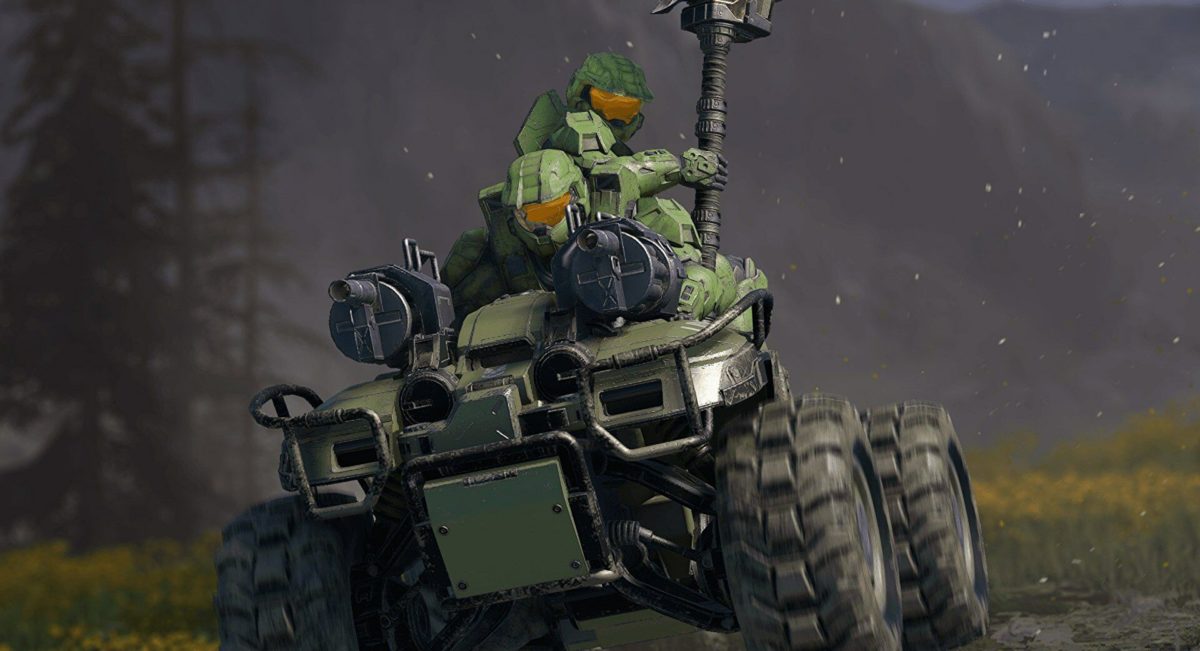
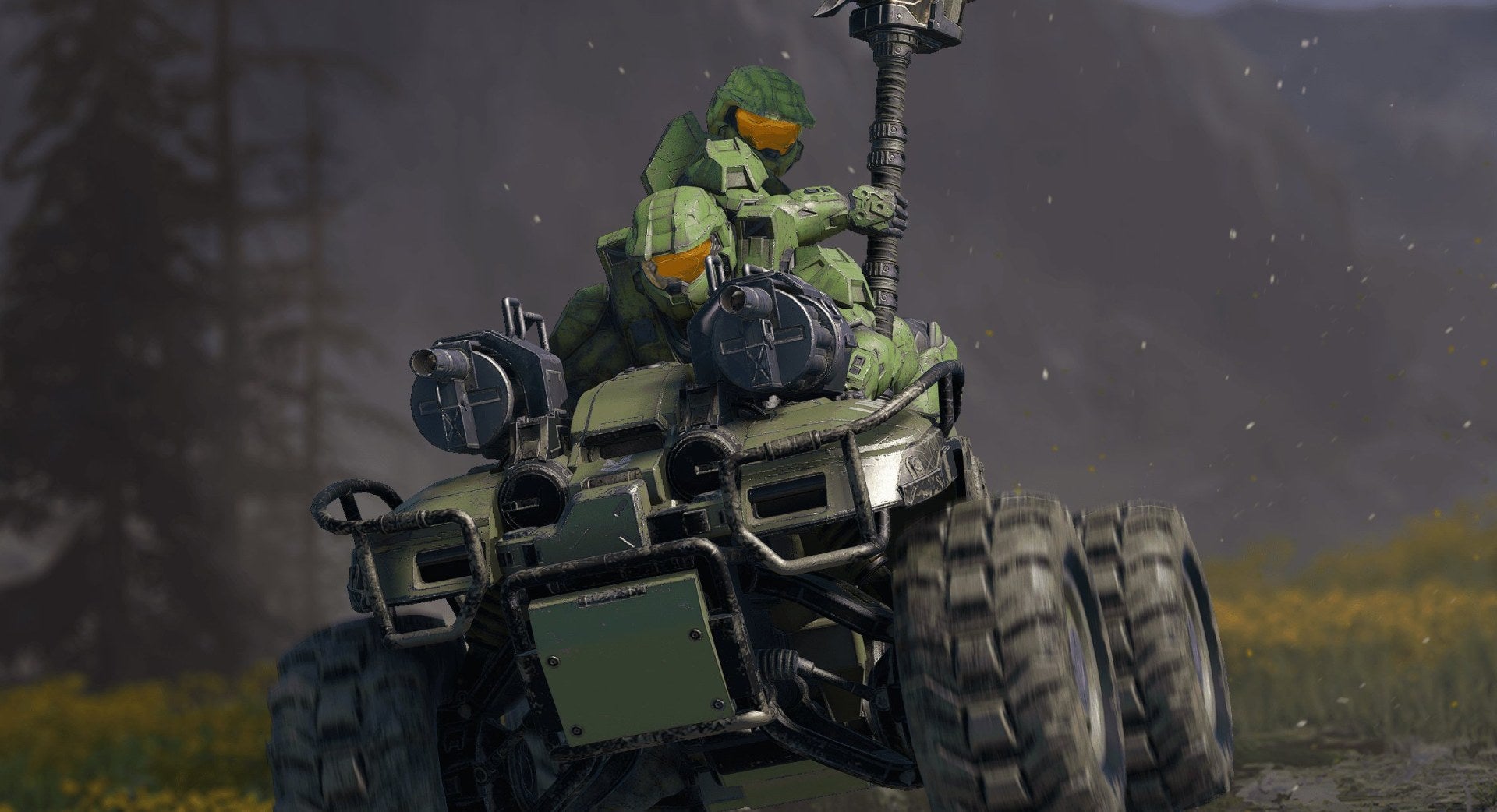 Halo Infinite.
Halo Infinite.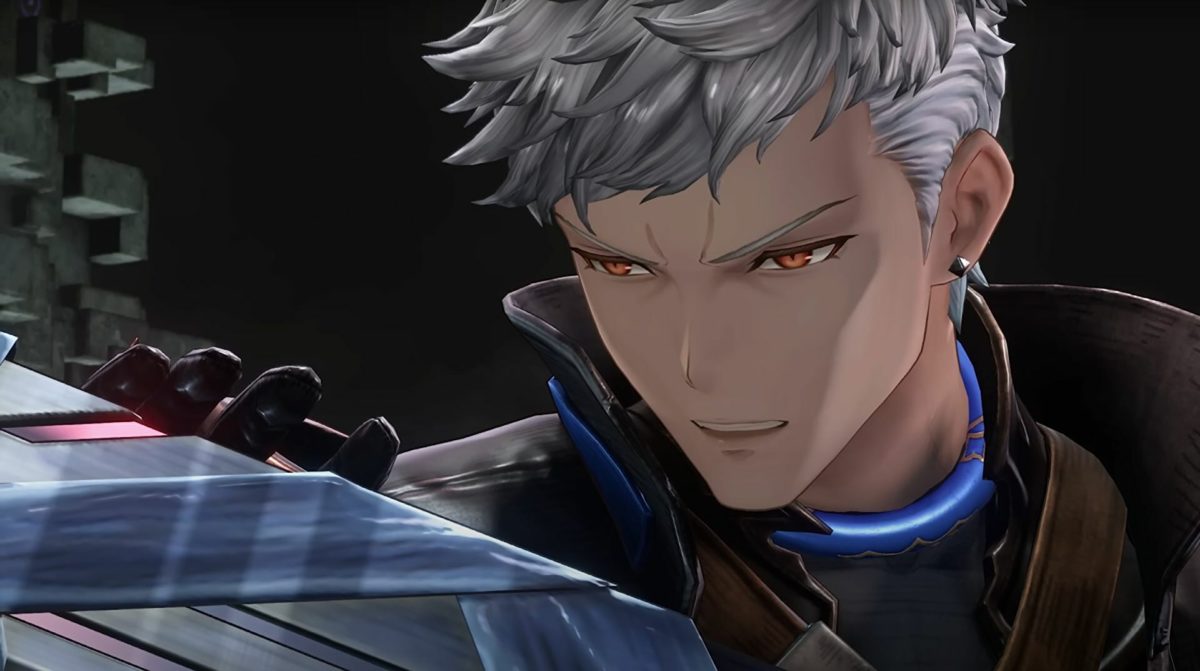
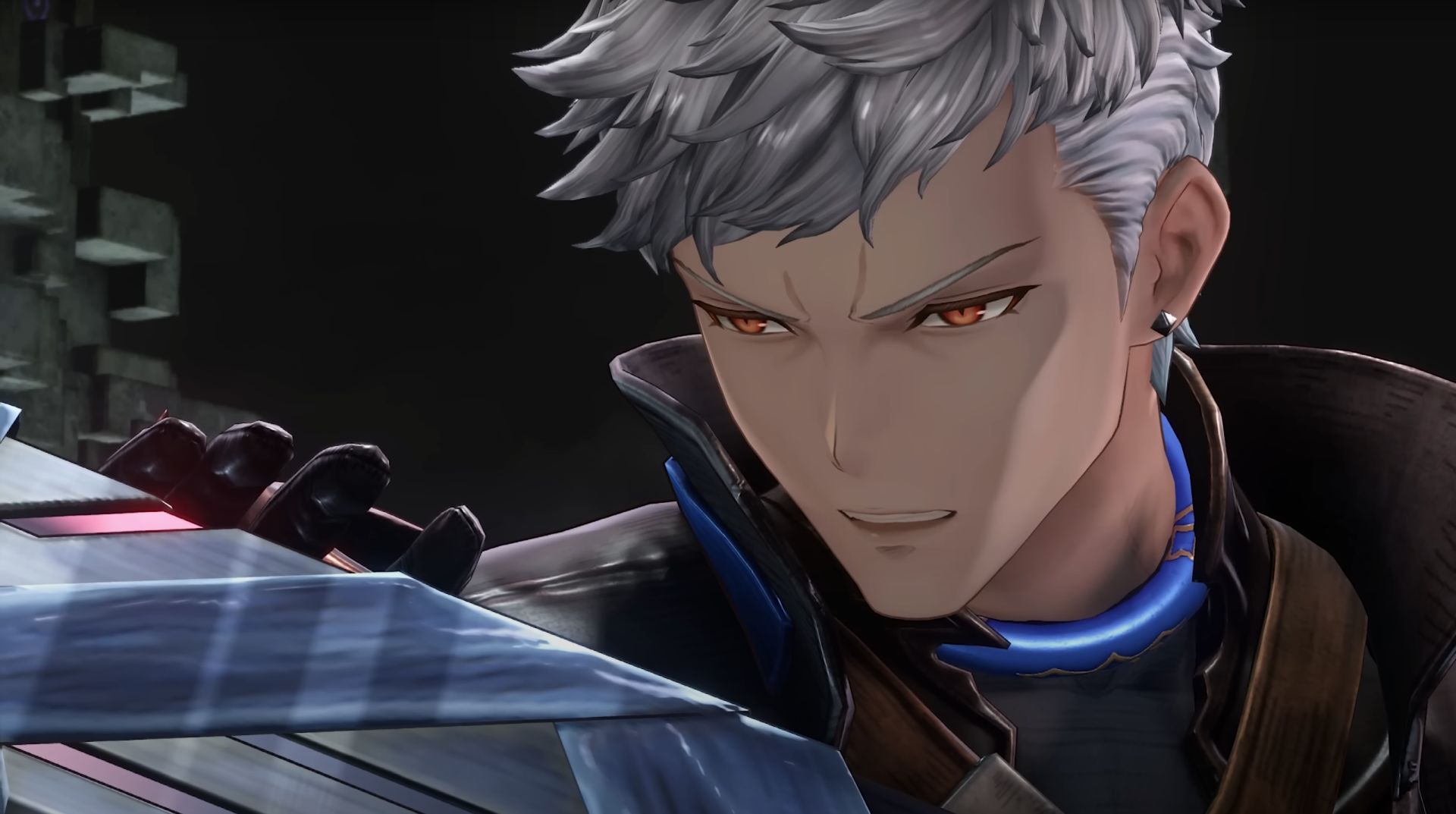 enterprising westerners going to the effort to play it. That’s mainly because it counted Final Fantasy composer Nobuo Uematsu and art director Hideo Minaba among its developers.
enterprising westerners going to the effort to play it. That’s mainly because it counted Final Fantasy composer Nobuo Uematsu and art director Hideo Minaba among its developers.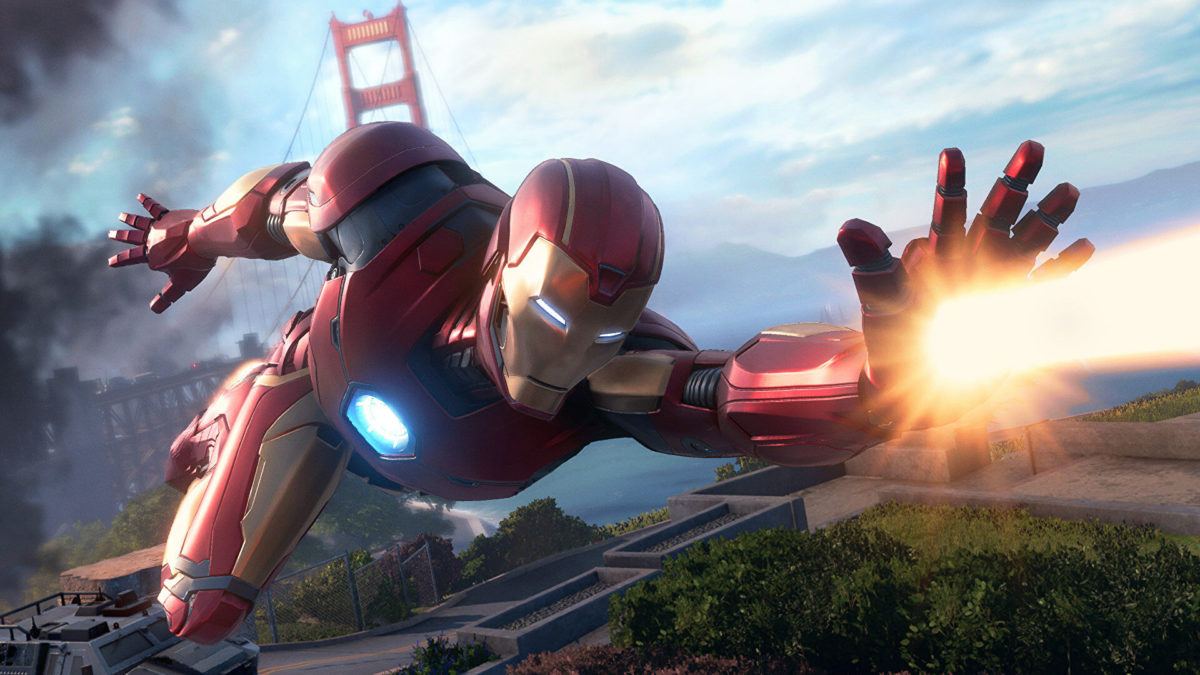
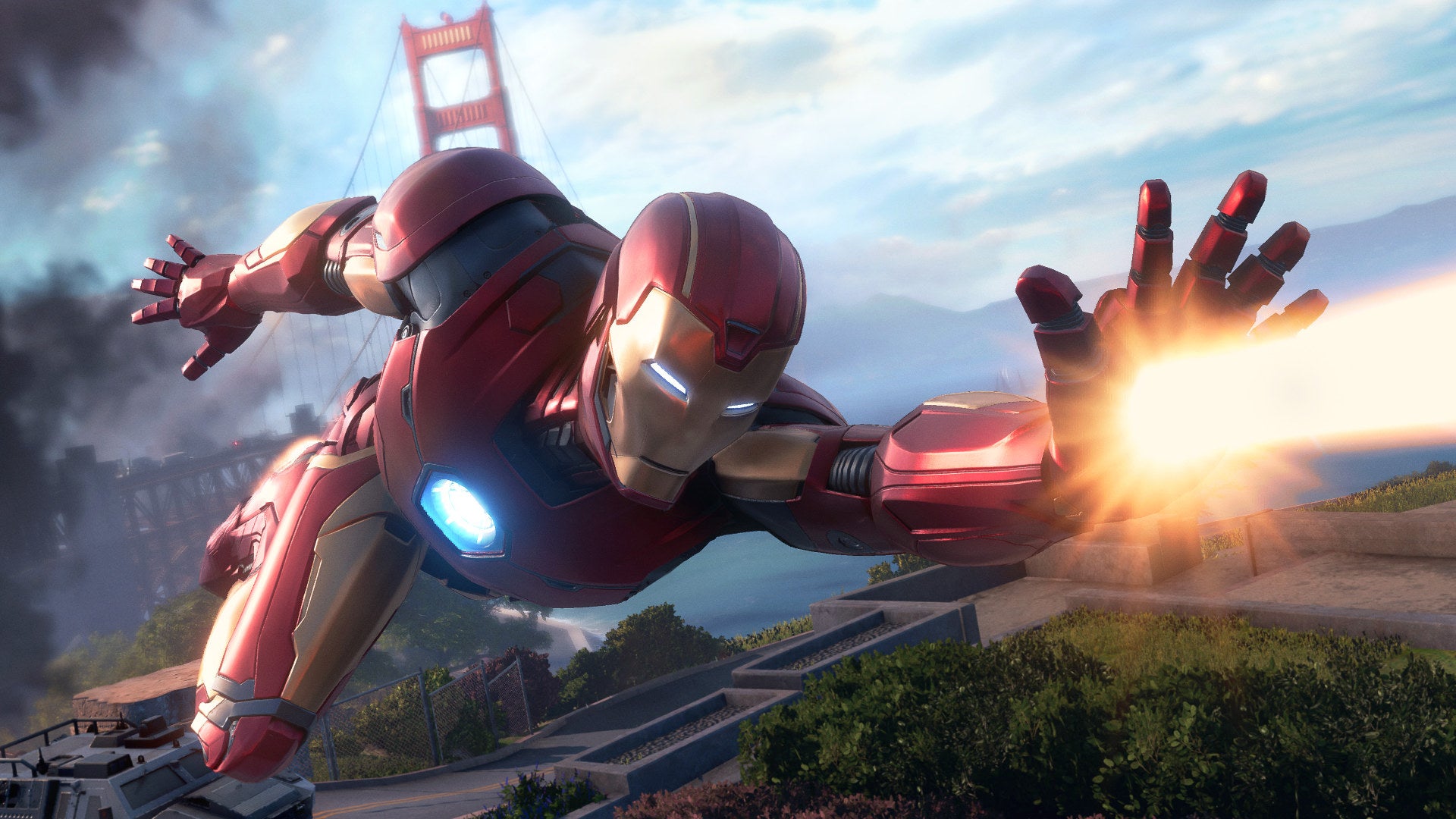 Marvel’s Avengers, their live service superhero game. That means it won’t receive any further new content, its final balance patch will be released on March 31st, and all other support and the sale of the game will cease on September 30th. Players who already own the game at that point will be able to continue playing in single- and multiplayer, for at least a while.
Marvel’s Avengers, their live service superhero game. That means it won’t receive any further new content, its final balance patch will be released on March 31st, and all other support and the sale of the game will cease on September 30th. Players who already own the game at that point will be able to continue playing in single- and multiplayer, for at least a while.